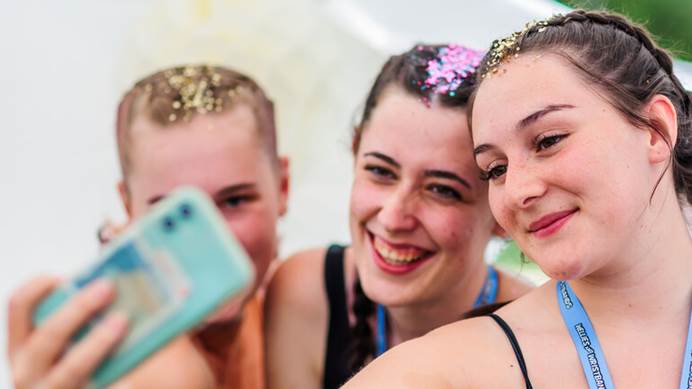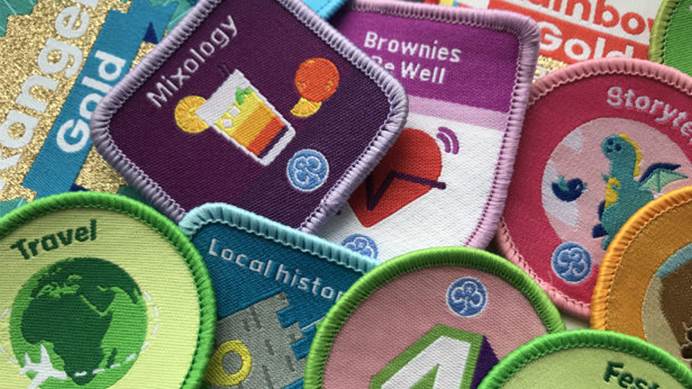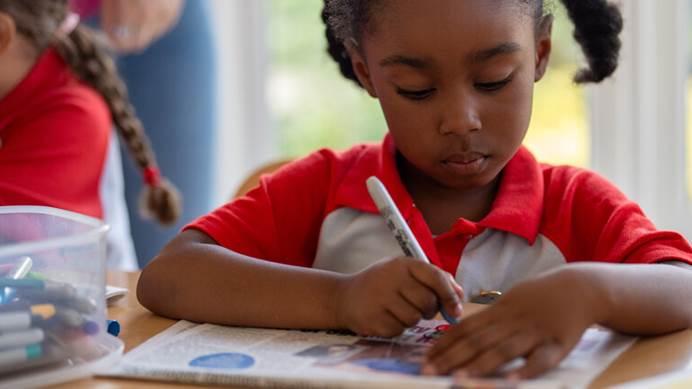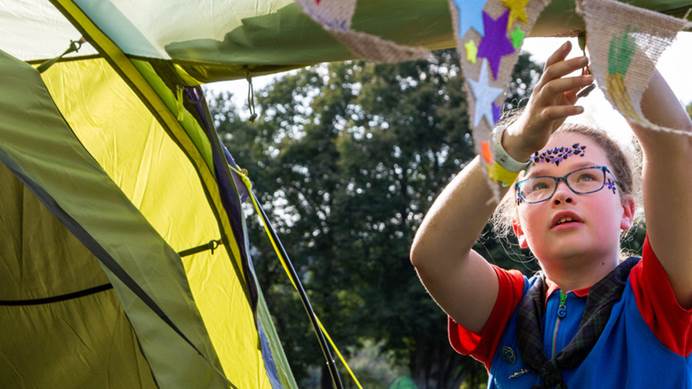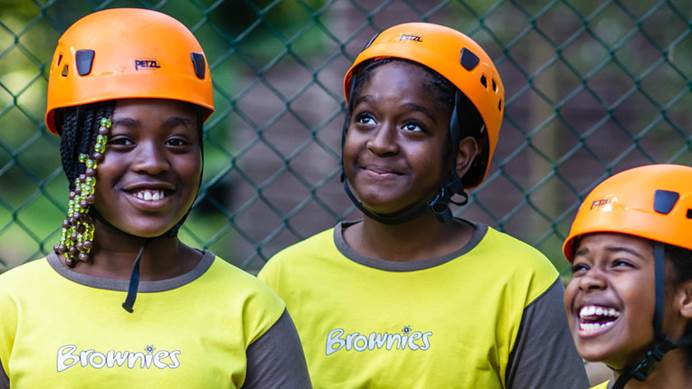Setting up a home contact system
Set up a home contact system to make sure parents, carers and members know what's happening in event of an emergency
What you need to know about setting up a home contact system.
When you're taking part in an activity outside of your normal meeting place and time, you must assign a responsible adult as a home contact. A home contact is a person that you've agreed will act as a first point of contact if plans change, or if an accident or emergency occurs.
In order for the home contact to be clear about their role, we have created a role outline which the home contact should sign to confirm they will carry out the role for that event. There is one for international events and one for UK events.
Following legal advice and consultation with our lead volunteers, we've decided to remove the requirement for the consent and health information forms to be held by the home contact for international events. We've amended the form to reflect this.
As the license holder (residentials) or leader in charge of an activity, before the activity takes place you must make sure you:
- Have received a signed copy of the role outline which is relevant to the event you are doing (UK or international) from your home contact(s)
- Have provided your home contact(s) with all the documents and information needed (these are set out in the role outline)
- For residentials, you will need to provide a copy of the signed home contact agreement with your REN part 2
Who can I ask to be a home contact?
The home contact plays an essential part in supporting the group and helping to ensure everyone is kept safe and healthy and that appropriate safeguarding measures can be put and remain in place, in the event of an accident or incident. They will hold sensitive personal information about participants whilst performing this role.
To comply with data protection rules and our safeguarding policy it's essential that home contacts are only those who are within Girlguiding because we are sharing confidential and personal information for which we have consent for Girlguiding to hold, not a third party.
It is therefore essential that the home contact is:
- An active member or recognised volunteer with Girlguiding
- Not related to or has a close personal relationship to anyone in the group
- Someone who can deal with an emergency in a calm and effective manner
- Ideally the home contact will also have completed Safe Space level 1 training. The compliance date for completion of the Safe Space level 1 training is 2020, from this point it becomes mandatory. Before then it is strongly recommended but not essential.
- The home contact must be an active member or recognised volunteer with Girlguiding (ie they are on GO and have been through recruitment checks required for the role they hold on GO). They cannot only be a Trefoil member or Scout member.
A suitable person could be another leader in the area, a commissioner, county residential or international adviser.
You can arrange for more than one person to be home contact during the time you're away so that one person does not need to be available all of the time. If you do this, make sure you agree a schedule so you and they know who's responsible on what dates.
Being a home contact shouldn't mean the contact can't go about their usual business. It means that the person is agreeing to be available for the period of the event (or certain times and dates if sharing with another) to deal with an emergency.
What you need to give your home contact
Before the event or activity, you need to make sure your home contact has:
- Complete details of the activity or event (including locations, travel arrangements, routes, schedules, activities and expected return time).
- The names of all participants with emergency contact telephone numbers during the event for each one. Sharing participants details with the home contact is part of Girlguiding’s procedures for keeping its members safe and is therefore a requirement for taking part in activities that are residential or off site.
- Details of the home Commissioner (or her nominee) and, for residential events, the host adviser. The home Commissioner is the Commissioner who has signed your REN form so you can get these details from GO.
You should not share health information and consent forms with the home contact.
More on emergency contacts
You need to give the home contact 2 emergency contacts for each girl and member taking part in the event. It’s preferable for the 2 emergency contacts to be from different addresses. The emergency contact is someone you’ll need to be able to get hold of quickly and easily (i.e. their phone has a signal). For that reason, it’s best practice to have them at different addresses to maximise the chance of getting hold of someone immediately.
What does the home contact need to do?
In the event of an accident or emergency, follow our guidance on what to do in an emergency. After engaging any relevant emergency or rescue services, update your home contact with:
- Details of the accident or emergency
- The names of the participant(s) requiring assistance
- The action that has been taken
Depending on the situation, the home contact should then:
- Inform the emergency contacts of the participant(s) involved
- Contact the home Commissioner (or her nominee) giving names and telephone numbers of next of kin
- Maintain communication to ensure that the appropriate emergency and guiding personnel are kept informed of the situation
- If appropriate, notify the host Commissioner or Adviser of the accident or emergency
The home contact must shred all personal data after the activity or event has finished.
If I’m taking my unit away from our usual meeting place but at the normal time, do I need a home contact?
This is something you need to consider as part of your risk assessment. Where the activity takes place outside of the usual place but during your normal time, you may consider whether a home contact would be useful.
For example, where you start and end at the usual meeting place and time but you spend all or some of the time at another location, your risk assessment will help you identify what you need to do. This could include arranging a home contact as an appropriate way to help manage the risks as well as ensure parents or carers are kept informed of any changes or unexpected complications. In this case, having the home contact would be at your discretion. See our guidance on activities for further guidance.
